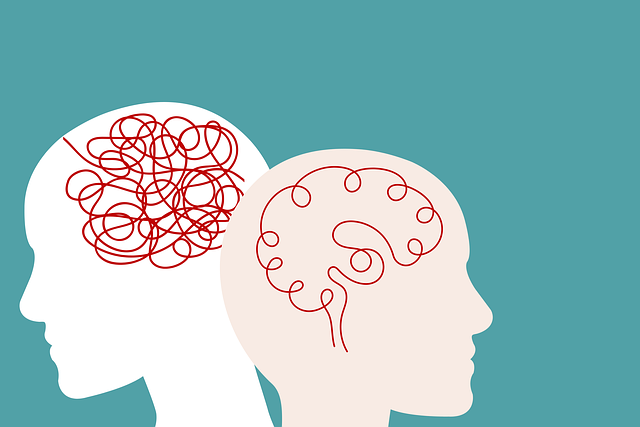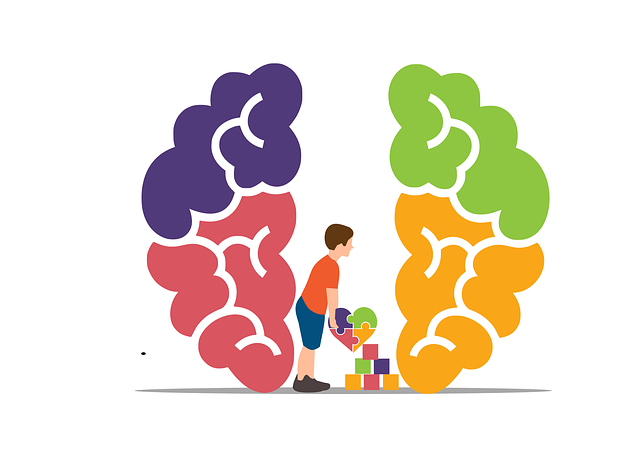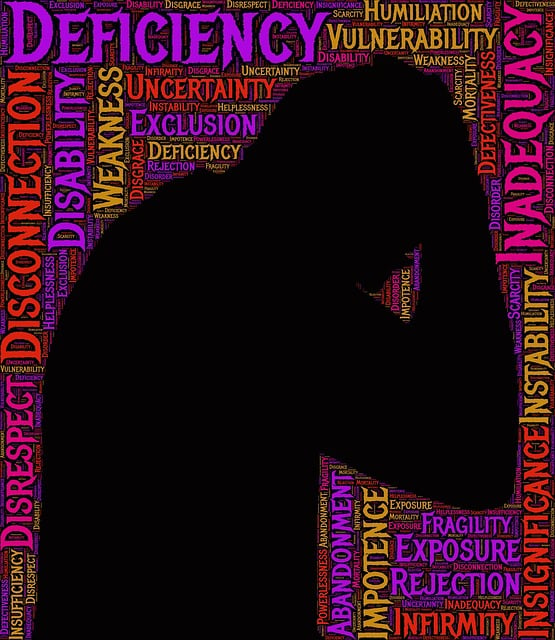The evaluation of Greenwood Village Relationship Issues Therapy (GVRIT) programs is a multi-faceted process aimed at measuring success beyond surface satisfaction. It involves integrating client and therapist perspectives, utilizing tools like the Relationship Assessment Scale and Resilience Scale to assess tangible improvements in well-being, relationships, and life satisfaction. This holistic approach combines qualitative methods (interviews, focus groups) for cultural context with quantitative techniques (surveys, data analysis) to track changes in mental health indicators over time. By systematically gathering and analyzing these data, GVRIT can continuously improve its programs, tailoring them to diverse community needs, such as incorporating effective therapy techniques into podcasts and refining programs based on client feedback.
Mental wellness program evaluation is crucial for assessing the effectiveness of initiatives like Greenwood Village Relationship Issues Therapy. This article delves into the methodologies behind evaluating such programs, exploring key tools, data collection strategies, and success measurement techniques. By examining these aspects, we aim to illuminate best practices for improving mental health services, focusing on tailored approaches that resonate with communities, such as Greenwood Village, to foster healthier relationships and well-being.
- Understanding Mental Wellness Program Evaluation
- Assessment Tools for Greenwood Village Relationship Issues Therapy
- Data Collection and Analysis Techniques
- Measuring Success and Continuous Improvement
Understanding Mental Wellness Program Evaluation

Mental wellness program evaluation is a meticulous process that involves assessing the effectiveness and impact of interventions designed to improve mental health outcomes. It’s akin to navigating a complex labyrinth, where each turn reveals insights into what’s working and what needs adjustment. At its core, this evaluation aims to ensure that programs like Greenwood Village Relationship Issues Therapy are fostering genuine transformation in individuals’ lives.
This process goes beyond simple satisfaction surveys, delving into measurable changes in participants’ well-being. It incorporates a range of methods, including qualitative interviews, quantitative data analysis, and observation, to capture the nuanced experiences of those involved. By integrating perspectives from both clients and therapists, and factoring in elements like Inner Strength Development, Self-Awareness Exercises, and Compassion Cultivation Practices, evaluators can paint a comprehensive picture of therapy’s impact on mental health, relationships, and overall life satisfaction.
Assessment Tools for Greenwood Village Relationship Issues Therapy

Evaluating the effectiveness of Greenwood Village Relationship Issues Therapy (GVRIT) programs requires a comprehensive set of assessment tools tailored to address common challenges in interpersonal relationships. These instruments should assess not only the primary issues but also the broader impact on mental wellness and emotional regulation. One such tool is the Relationship Assessment Scale, designed to quantify satisfaction levels within romantic partnerships, family dynamics, and friendships. This scale helps identify specific areas of conflict and strength, guiding therapists in tailoring interventions for individual clients.
Additionally, measuring resilience building—a key component of GVRIT—is vital. Tools like the Resilience Scale can assess an individual’s ability to cope with stress, adapt to change, and maintain a positive outlook. By integrating these measures into program evaluation, GVRIT can systematically track improvements in emotional regulation and overall mental wellness among participants over time.
Data Collection and Analysis Techniques

Effective evaluation of mental wellness programs hinges on robust data collection and analysis techniques. These methods play a pivotal role in understanding the program’s impact, identifying areas for improvement, and ensuring the success of interventions designed to address Greenwood Village Relationship Issues Therapy. Qualitative approaches, such as interviews and focus groups, offer insights into participants’ experiences and perceptions, providing valuable context within diverse cultural backgrounds. This is especially crucial considering Cultural Sensitivity in Mental Healthcare Practice, where tailoring interventions to meet the unique needs of different communities can significantly enhance their effectiveness.
Quantitative methods, including surveys and statistical analysis, provide measurable data on program outcomes. These tools help assess changes in mental health indicators, treatment engagement, and satisfaction levels over time. By integrating these techniques, evaluators can gain a comprehensive view of the program’s performance, informing the development of Mental Wellness Coaching Programs and guiding Crisis Intervention Guidance strategies. This holistic approach ensures that interventions are not only effective but also culturally responsive and tailored to the specific needs of the target population.
Measuring Success and Continuous Improvement

Measuring success is a critical aspect of any mental wellness program evaluation. At Greenwood Village Relationship Issues Therapy, we utilize various qualitative and quantitative methods to assess the effectiveness of our interventions. This includes pre-post assessments, client feedback surveys, and observational notes from therapists. By comparing initial evaluations with follow-up sessions, we can gauge improvements in areas such as anxiety relief and resilience building. These data provide valuable insights into what’s working and where adjustments are needed.
Continuous improvement is a cornerstone of our approach. Drawing on the results of these evaluations, we adapt our strategies to better serve our clients’ evolving needs. For instance, if a particular therapy technique proves highly effective in managing stress, we incorporate it more prominently into our Mental Wellness Podcast Series Production. Similarly, if client feedback highlights a need for additional support in certain areas, we refine our programs accordingly, ensuring that each step forward builds on the last, fostering a holistic and lasting mental wellness journey.
Evaluating mental wellness programs, such as the Greenwood Village Relationship Issues Therapy, is essential for understanding their effectiveness. By employing robust assessment tools, collecting meaningful data, and analyzing outcomes, we can accurately measure success and identify areas for improvement. This process ensures that resources are allocated efficiently, benefiting individuals seeking support for their relationship issues. Through continuous evaluation, programs like Greenwood Village can adapt, enhance their services, and ultimately foster better mental wellness outcomes in the community.













